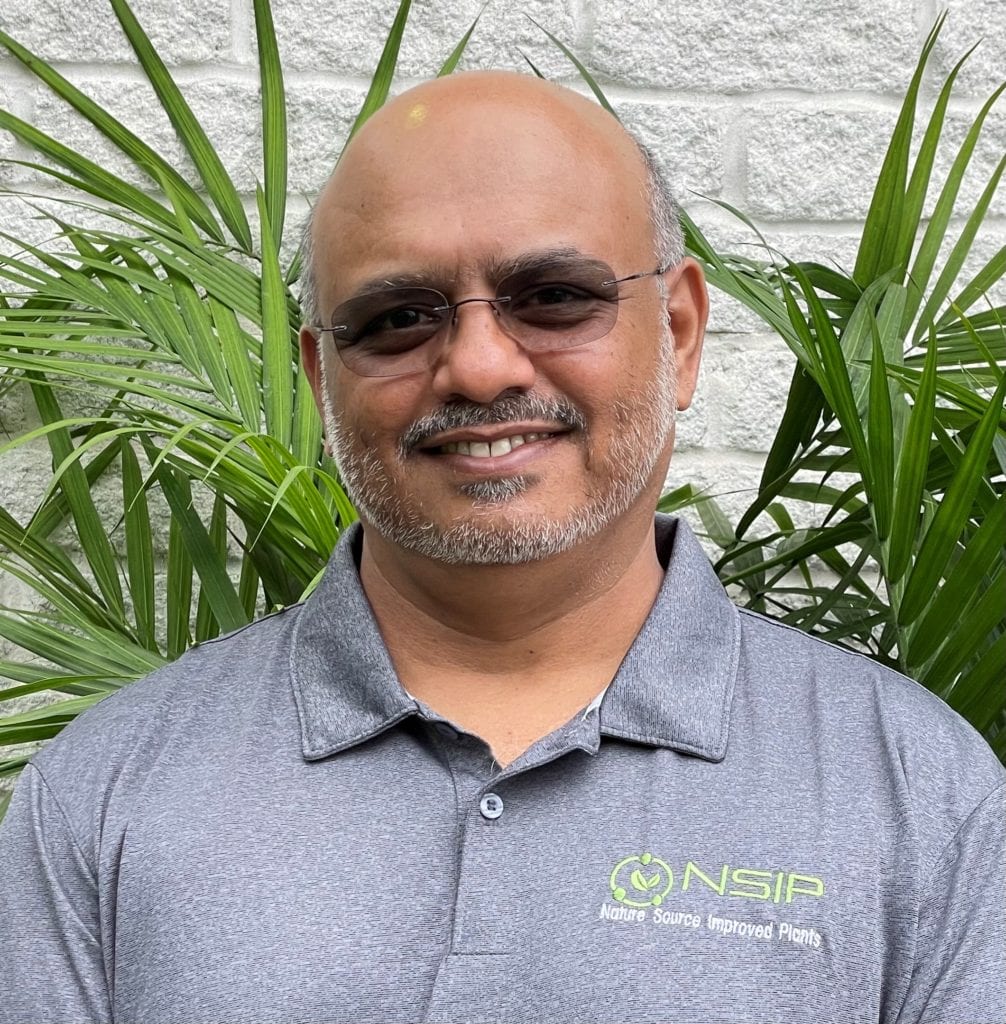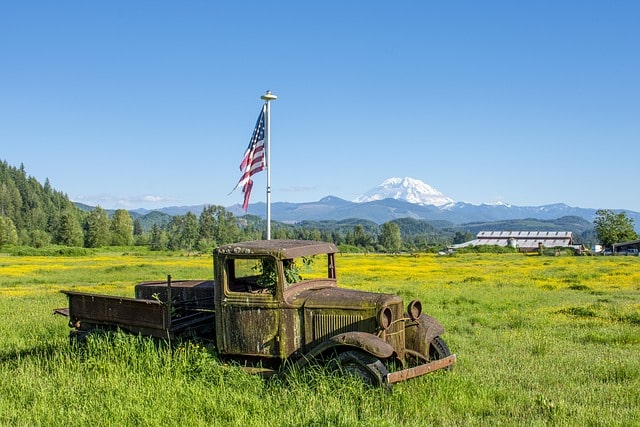Everyday I’m confronted with the reality that farmland is going away, but the need for more ag products is increasing. By now, we’ve all heard the tired statistic that the earth will host 10 billion people in less than 30 years. Tired or not, it’s reality.
So, we must produce a lot more food – on a lot less land.
Here’s a new statistic for you: about 70% of our production improvement will have to come from improved technology – from the farm gate to the lab. I’m passionate about bringing the science of operations research, together with plant breeding to create the most efficient and high yielding crops possible that work from the lab to the field.
Here’s the hitch: I’ve got access to best team of scientists, and technology, but our capabilities are realized the best when we work together with seed company partners to help farmers produce more and feed the world.
The Nature Source Improved Plants (NSIP) advantage: going from Design Specifications to new products rapidly and efficiently using an Operations Research approach.

Seed Company Collaborations
I’ve worked with multi-national seed companies, to regional seed companies and everything in between since we started NSIP. No matter what size the seed company or germplasm to pull from, we help our partners maximize their results.
Each partner’s benefit varies based on the size of the company we’re working with. Here’s what we’ve generally heard from each company segment:
- Multi-national companies have a lot at their fingertips – talent, genetics and resources. Sometimes, however, it can be difficult to wade through the mountains of data and information they collect. We use our algorithms to find not only good genetic results, but the very best based on specific goals and any limitations the company might have. This cuts down the time and improves efficiency.
- Regional seed companies benefit from more focused geographies, which means they can hone in on exactly what their customers need. However, research and development trials are expensive, which can be a limiting factor in the number of genetic combinations these companies can test. Because we take the millions of possible genetic combinations and narrow it down to only the most promising based on specific parameters provided by the company, regional companies can focus their research dollars on trials that produce results.
We’ve worked with more than 15 crops on every continent crops are grown. The key to a successful collaboration is setting goals upfront and good communication throughout.
A Diverse Team
You undoubtedly know how challenging it can be to assemble the ‘dream’ team for your company. Ag is so highly specialized that finding someone with the right skill set, who understands farming and fits in well with the team, well, it’s like finding a needle in the haystack.
Good news, we’re really good at finding needles.
Operations research is more than just smart breeders, geneticists and molecular biologist – though, we have them, too. We’re bringing together mathematicians, engineers and other non-traditional ag roles. By working together, each member of the team has a brought together better understanding of product development in ag altogether.
When you take our competencies, with institutional knowledge and expertise found in our seed company partners, it’s a match that’s hard to beat. If you want to learn more about what advanced operations research can do in your operation – no matter the size – reach out at info@nsiplants.com.
Orphan Crops Program
I’m particularly excited about our ESG commitments, and the related work we’re doing at NSIP with orphan crops. If you’re unfamiliar with the term, an orphan crop is a minor crop that, while regionally important, is not traded at a large scale and receives little to no investment towards its genetic improvement.
For example, we work on Agave in Mexico. It’s used for more than just creating drinks, it can be eaten as well. We’re using NSIP’s tools to make agave a stronger, more resilient plant.
Other orphan crops included in this program include banana, avocado, mango, papaya, cacao, coffee, berries, pulse crops and castor. We’re applying our advanced analytic and predictive breeding to help create not only new varieties and hybrids for those who grow orphan crops, but in-vitro propagation options as well.
These crops have a high impact in the local communities where they’re grown and overall impact in agriculture and consumers. We care about people, and we’re excited to use the power of genetics to improve lives. To learn more about this initiative contact us at info@nsiplants.com.











